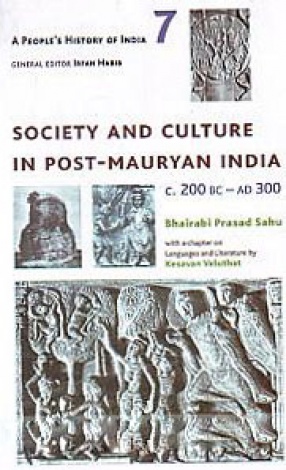
Showing all 5 books
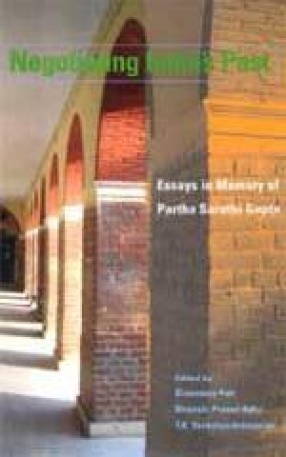
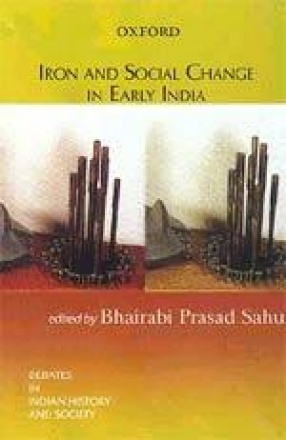

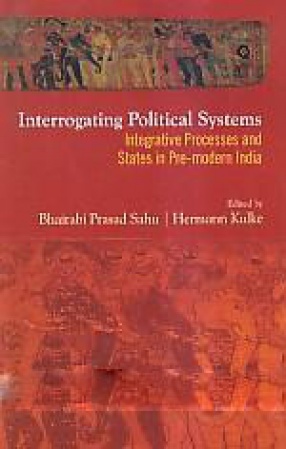
This compendium of sixteen papers attempts to examine the different aspects of political processes and the structure of politics in pre-colonial India. Taking a close look at the integrative model of state formation in early medieval India, it discusses at length state’s perception of the ‘forest’ and the ‘forest’ as state in early India.
Situating early historical states, it describes the processes of state formation, with special ...
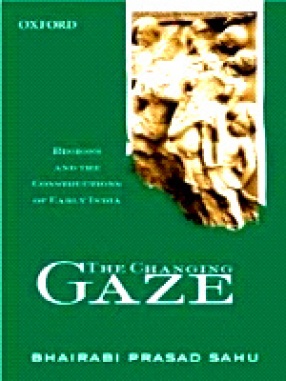
The book is an attempt to understand history writing in India that focuses on changing perspectives about early India, such as, the move away from the epicentric approach in the 1970s to the focus on localities and sub-regions from historico-geographic blocks like the Gangetic heartland. Dealing with the histories of regions round Odisha and Chhattisgarh in particular, it contains a dozen papers on the differences and linkages between regions—the continued ...

This book is memory of Professor Partha Sarathi Gupta, who taught at the Department of History, Delhi University, from 1962 till 1999. He passed away suddenly on 10 August 1999, just a few days after his retirement. A dedicated historian with a zeal for exactitude, an endite scholar and a committed teacher, Professor Gupta was in many ways ‘an institution within an institution’ and a source of inspiration for generations of students, including many of the ...

From the time it was first discussed in the 1960s, no other aspect of the iron age in India has attracted so much attention and generated such vibrant debate among historians and archaeologists as the relationship between iron technology and social change. This volume, the seventh in the debates in Indian history and society series, focuses on all major issues surrounding the debate and identifies and situates their proponents in the historiography of ancient ...
